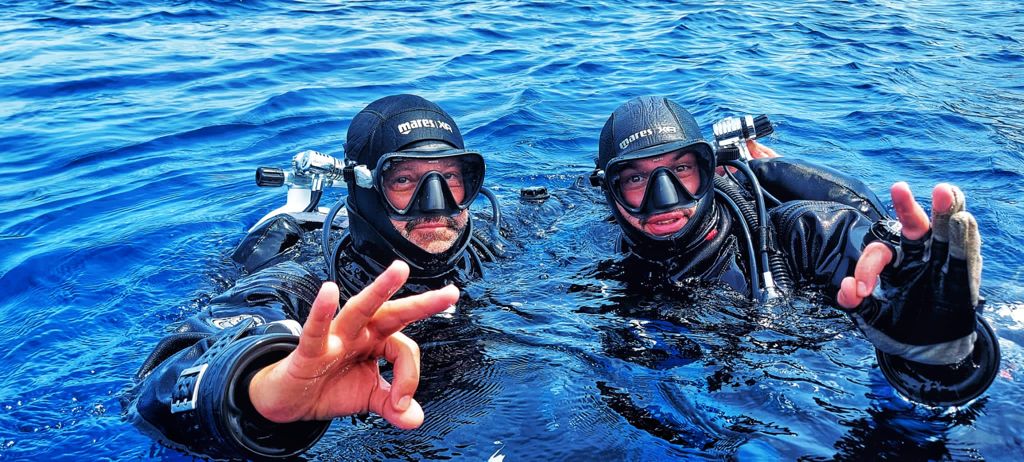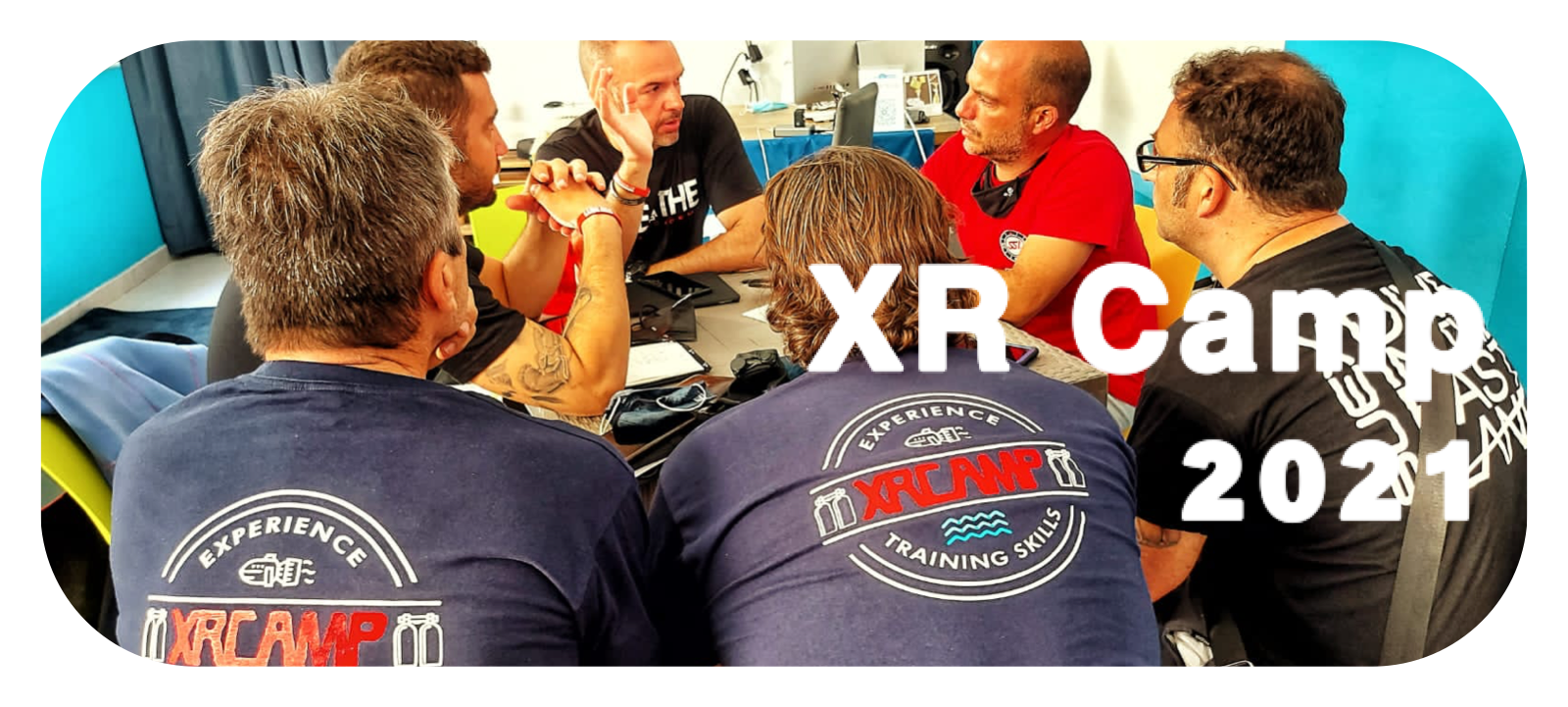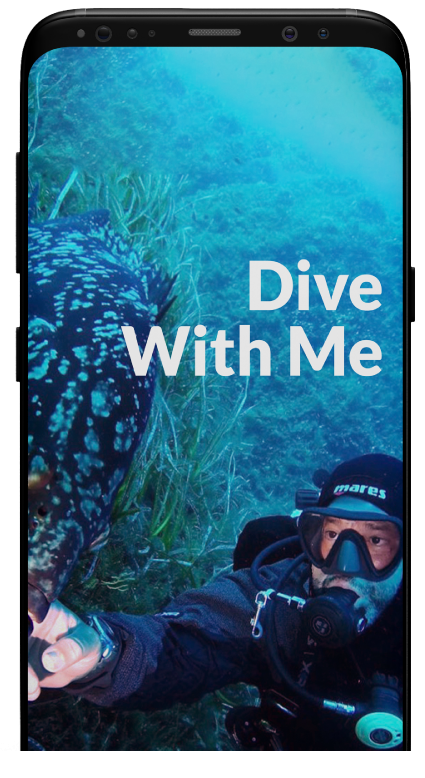Scientific studies, conducted on victims of terrorist attacks and on soldiers engaged in dangerous missions, show that diving heals patients suffering from post traumatic stress. Scuba diving with cylinders could be included as a curative activity, and therefore subsidized by the national health system, on a par with any drug.
The burnout syndrome
The French newspaper “Le Parisien” recently published a very interesting article. It deals with the healing effects that diving would have on subjects suffering from a post-traumatic syndrome.
It all began in 2015. Professor Mathieu Coulange is the head of hyperbaric and underwater medicine at the Sainte Margherite Hospital Center in Marseille. He started a study on the subject, as a result of a “burnout” episode that hit a colleague of his.

This syndrome derives its name from the English expression “to burn out“, or “to burn yourself out”. Burnout is a state of emotional, physical and mental exhaustion. The WHO classifies this syndrome as a form of work stress that cannot be successfully managed. Those affected are no longer able to cope with their daily workload with the available resources. They then end up suffering from chronic exhaustion.
This discomfort is not limited to the professional sphere. In many cases it also extends to private life, proving that Burnout is not a unique diagnosis. It is a complex phenomenon that manifests itself differently from person to person.
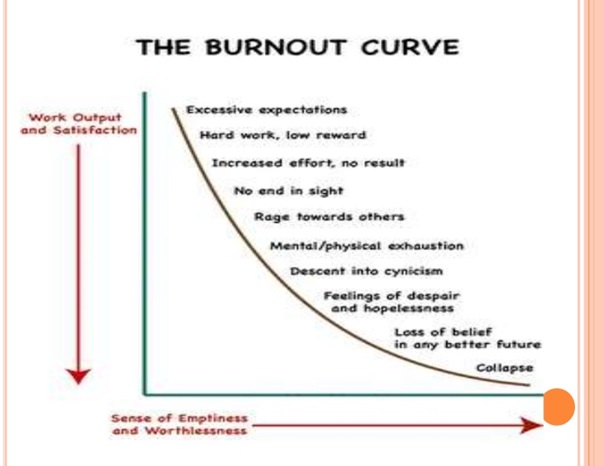
The studies and experiments of Professor Coulange
Professor Coulange observed that going underwater decreases stress and even distress. And to do so, he proceeded according to the same guidelines as for testing a new drug. It was also discovered that the practice of scuba diving increases one’s ability to manage the unexpected.
The result was a publication of the first scientifically proven results. In 2017 Professor Coulange experimented with this new method. He did it on the French island of Guadeloupe, in the Atlantic Ocean. And he did it against 40 victims of the terrorist attacks that took place at the Bataclan theater in Paris.

A second trial took place in Malta with French Army soldiers who had returned from particularly traumatizing operations.
The technology used during the study showed that changes in sounds, brightness and gravity take place underwater. The fact of breathing more slowly, with the aid of the regulator, allows you to reactivate the autonomic system by pushing the air inhaled into the carotid artery.
In this way, the functions of the neurological system, whose proper functioning was obstructed by post-traumatic stress, are restored.
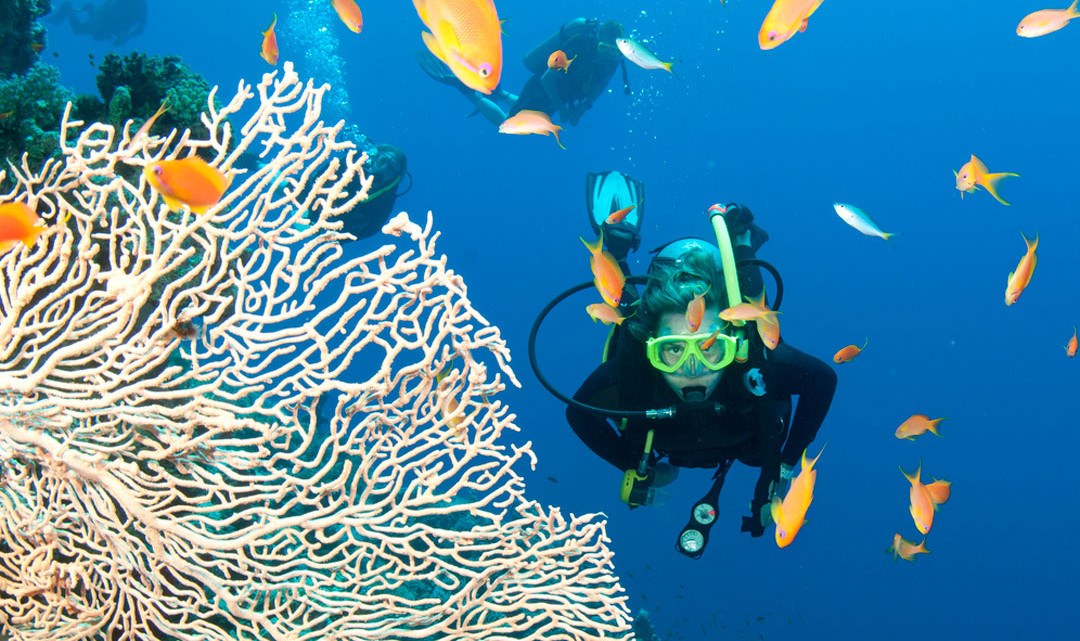
Le Diving as a healing activity?
In Francia, alcuni istruttori subacquei sono già stati formati al fine di accompagnare vittime da stress poIn France, some diving instructors have already been trained to accompany victims of post traumatic stress.
For his part, Pr. Coulange intends to extend his study to all health personnel affected by symptoms of nervous breakdown. This program, already in place before the pandemic due to Covid 19, is of particular utility and importance in light of the disproportionate workload to which healthcare personnel have been subjected.
FStrengthened by the excellent results obtained with the first patients, the FFESSM (French Federation of Study and Underwater Sports Activities) asked that scuba diving with cylinders be included as a curative activity, and therefore subsidized by the national health system, on a par with any drug.
The family doctor could then come up with a prescription for them to wear wetsuits, fins and masks!
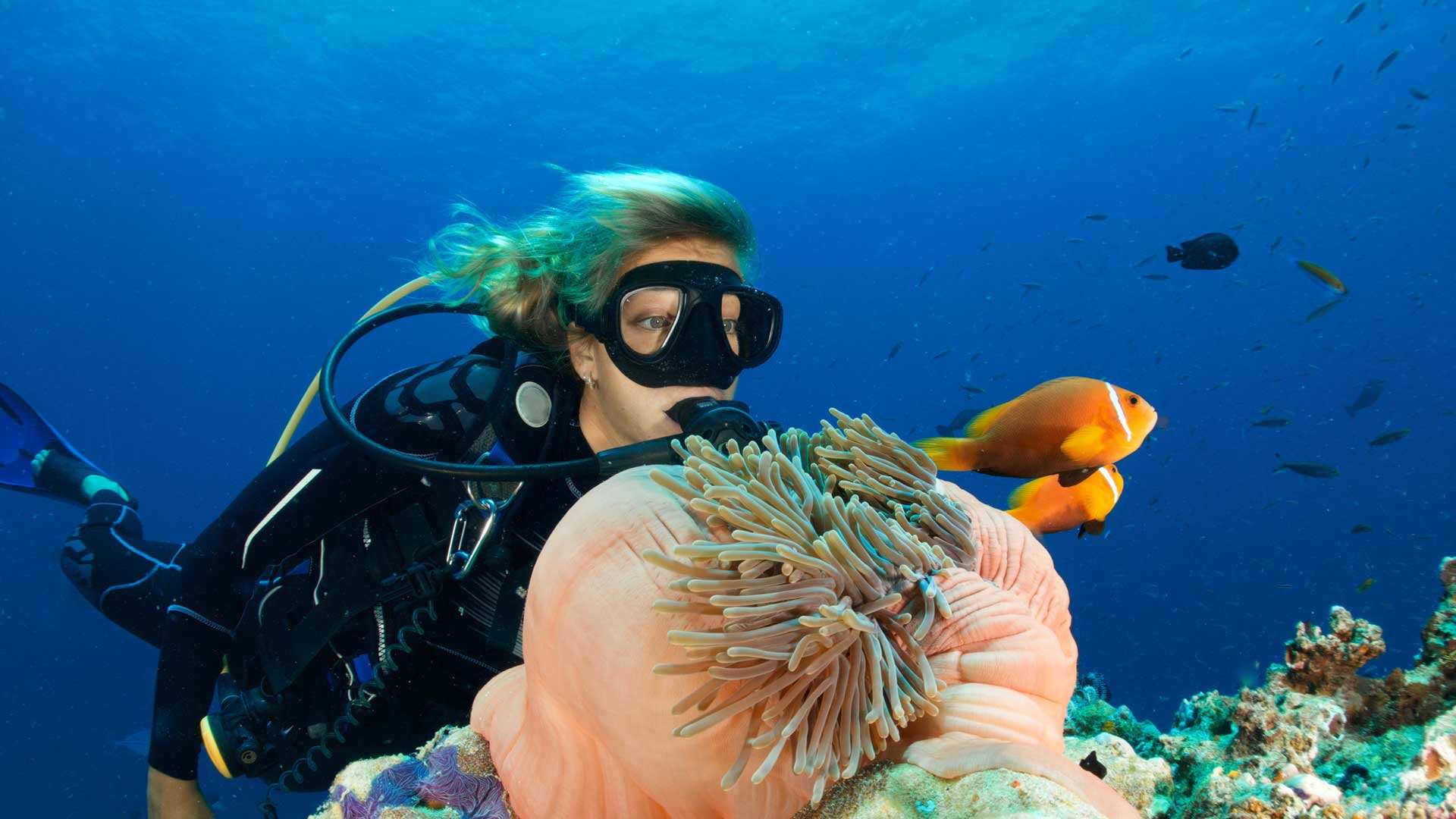
A nice thank you
This important news was suggested to me by Julie Sferlazzo. She is a recent diving friend, whom I had the pleasure of meeting at the XRCamp in Isola delle Femmine. Julie, although she lives and happily immerses herself in Sicily, has French origins. In addition to communicating the news to me, you also made the commitment to translate the article for me. I would say in an exemplary way.
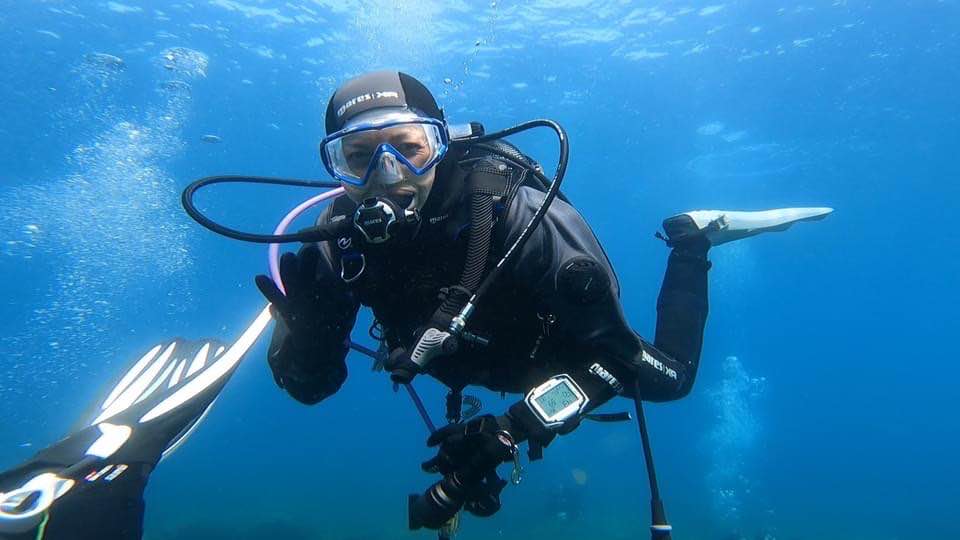
I am really impressed by this study. I tried to do some research, but couldn’t find any more information at the moment.
It is certainly an important news for the diving world. For us divers, diving is pure fun. It is nice to learn that our passion as well as entertaining us can also become a curative and beneficial activity. Against the so-called “wear and tear of modern life”.
I hope this post can activate the Italian diving community, especially the medical and scientific community, to ensure that diving is included as a curative activity with us too.
With all due respect to my GP who will be forced to work overtime for my prescriptions…
Thanks again Julie !! Soon. Or rather, à bientôt !!
Source: Le Parisien, E.Torgemen, 8 June 2021


